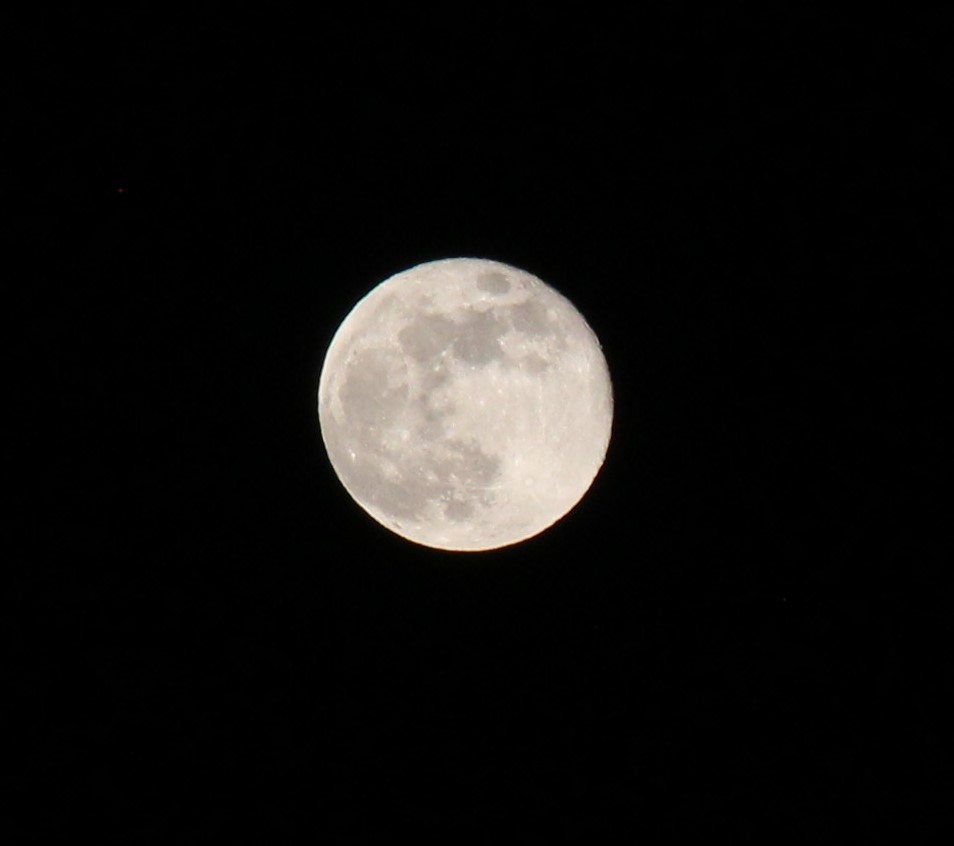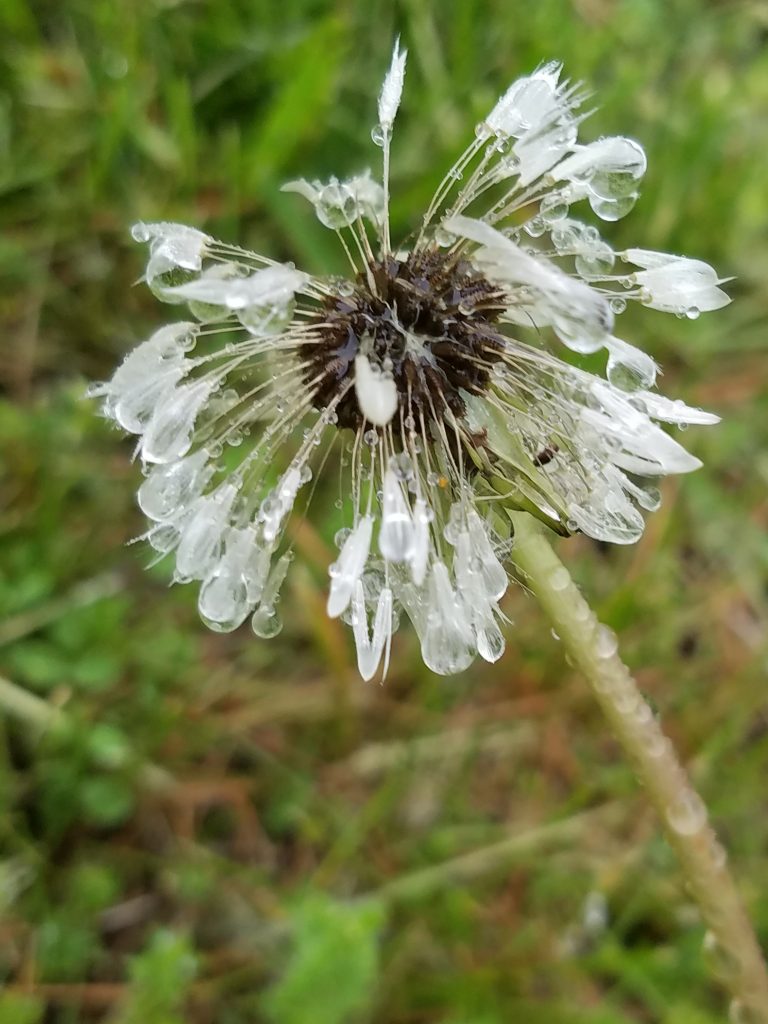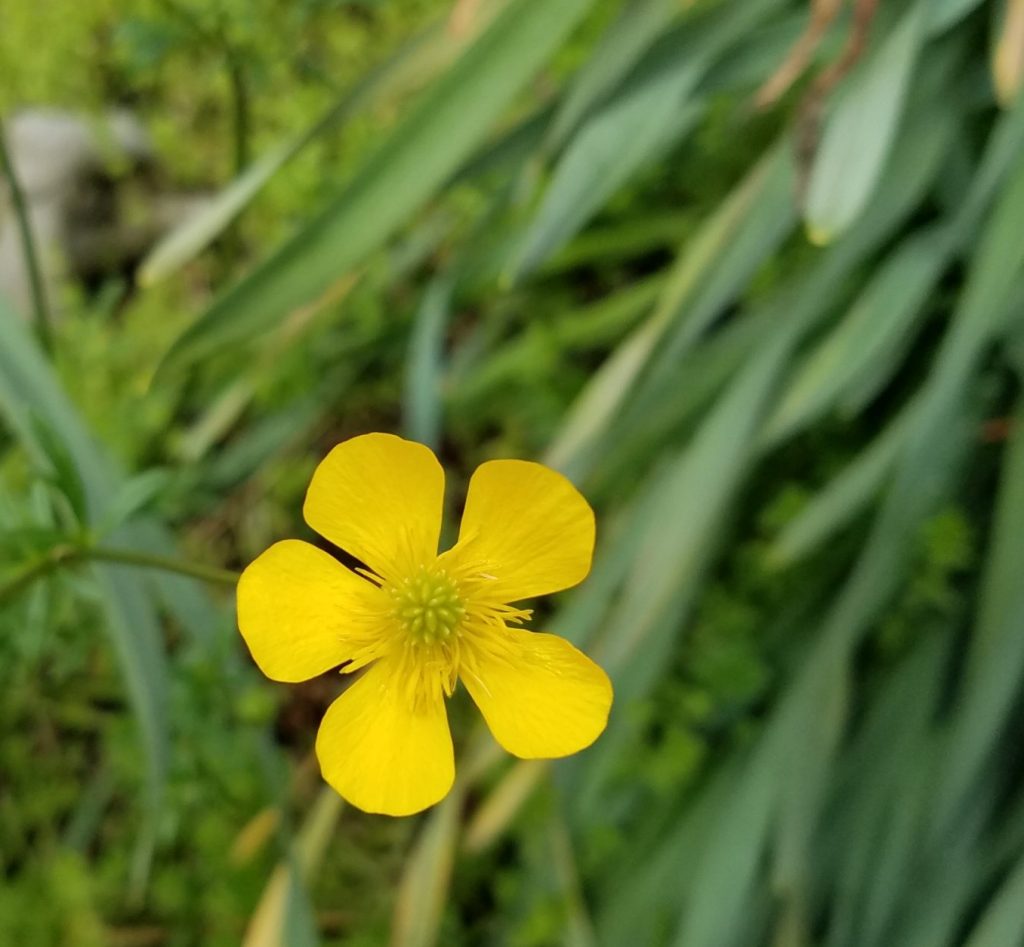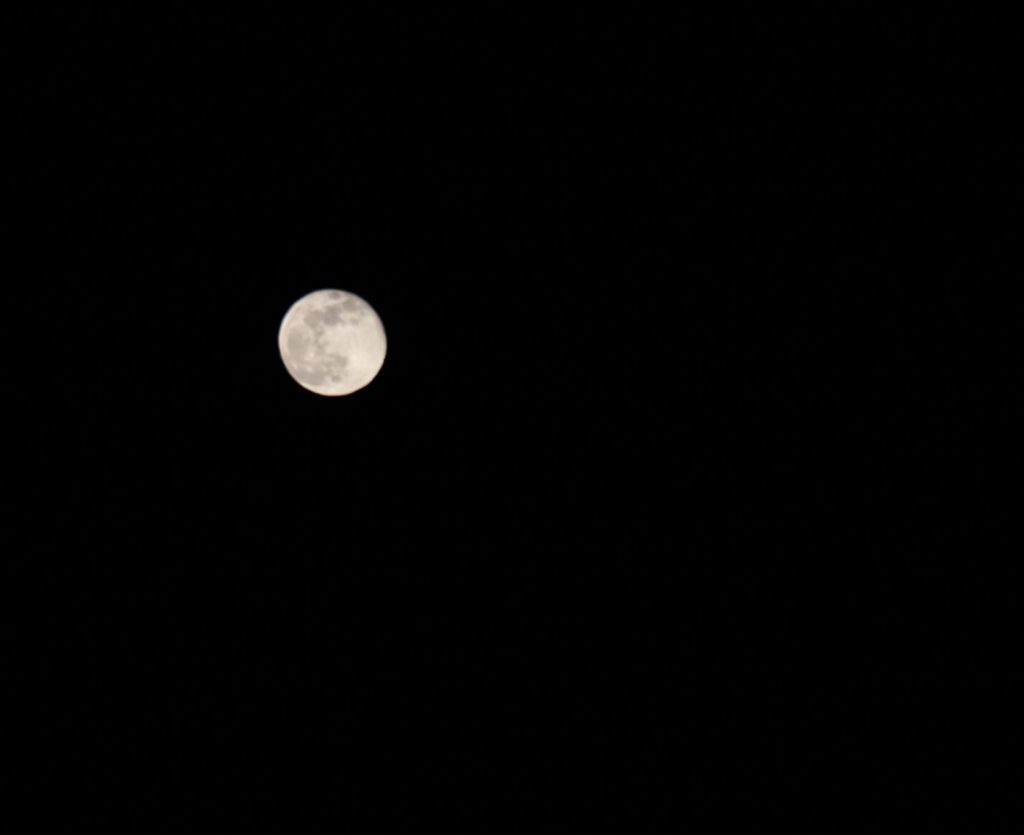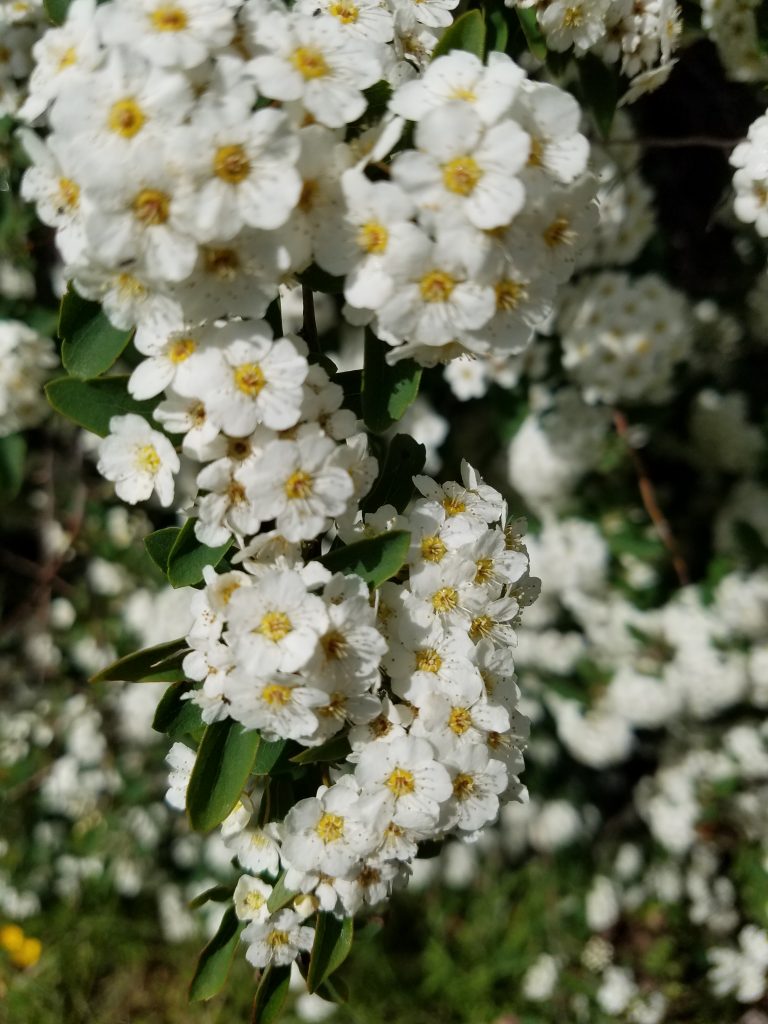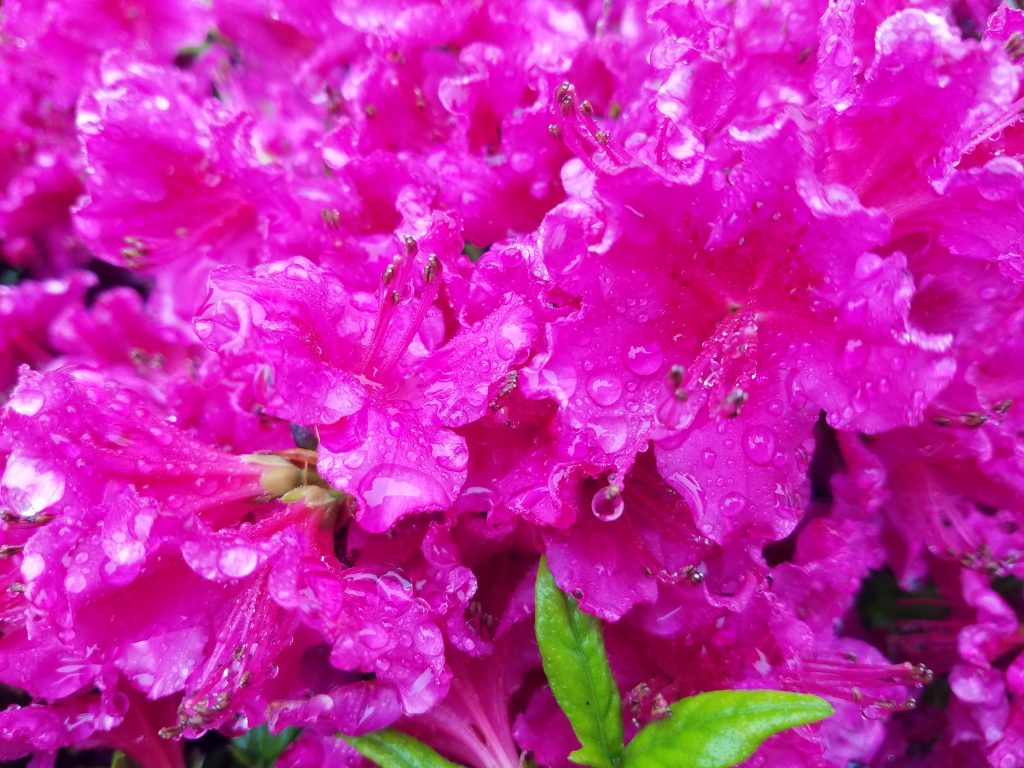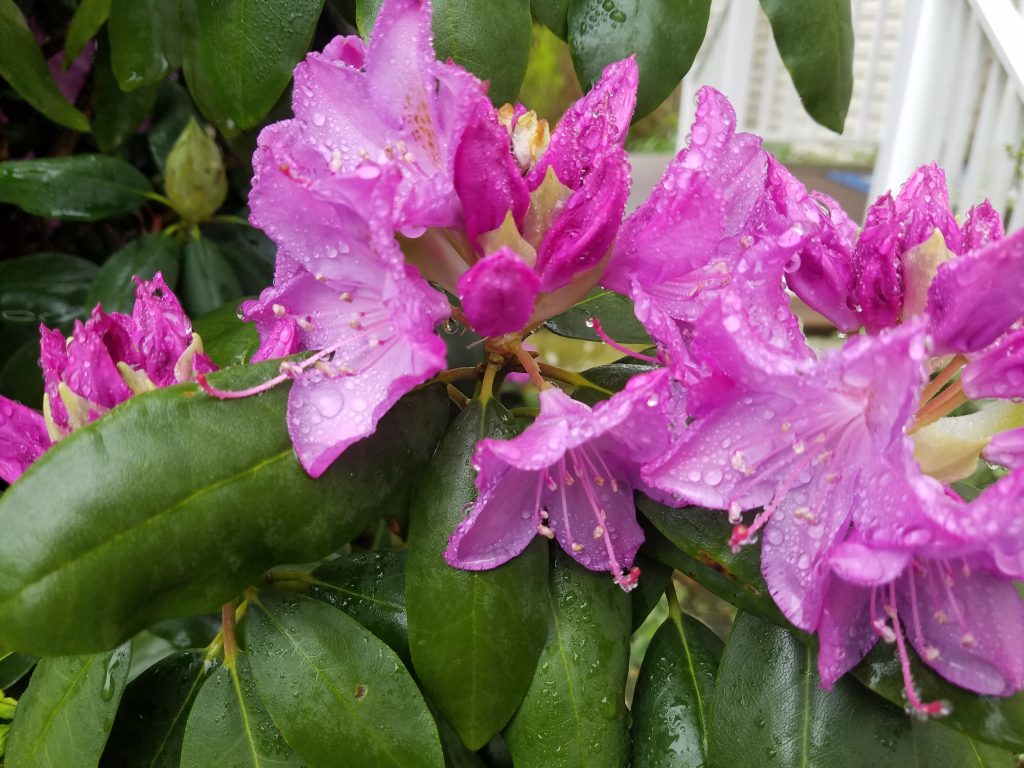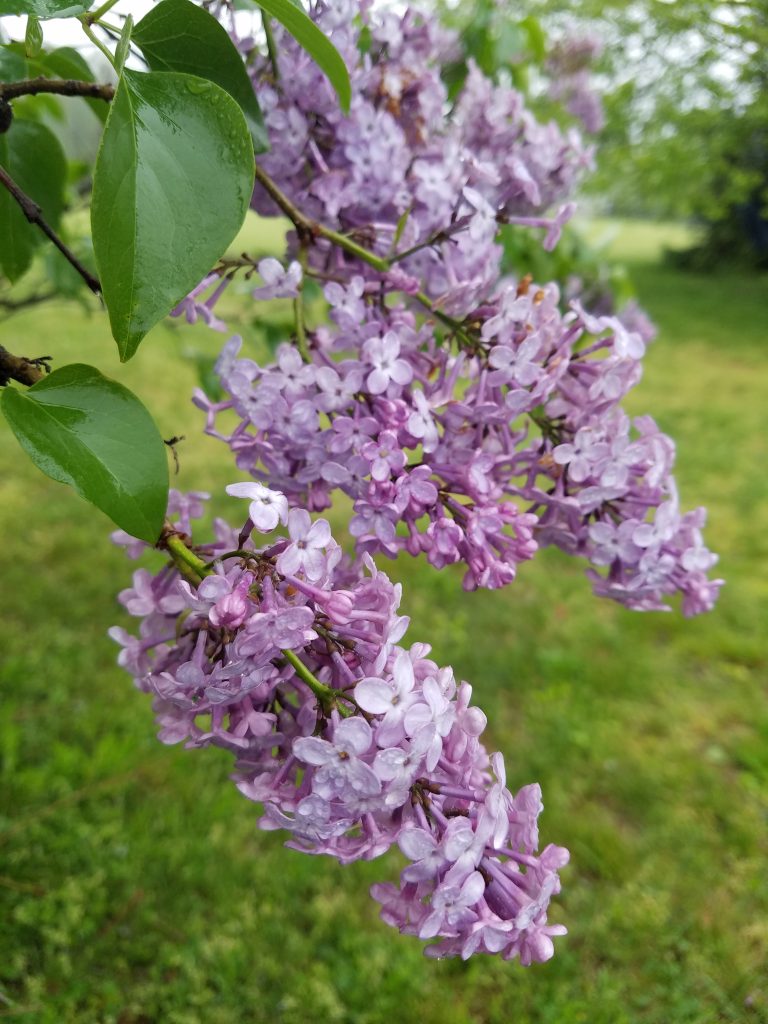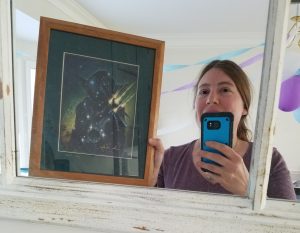Welcome to the Spot Writers. This month’s prompt is to write about a chance encounter.
This week story comes from Chiara. Chiara is currently quarantined in Berlin, Germany, and doing her best to catch up with semi-abandoned writing projects.
Midnight with Shakespeare
by Chiara De Giorgi
Ever since I watched “Midnight in Paris” I’ve been fantasizing about meeting the object of my own devotion, the greatest poet of all times: William Shakespeare. Impossible, you say? Maybe so, but a girl can dream.
This is the story of how my dream came (sort of) true. More accurately: this is the story of how my dream within a dream came true, to say it with Mr. Edgar Allan Poe.
I woke up on a sunny morning and entered the kitchen, yawning like a hippopotamus.
“Good morning to you, fair and gracious daughter[1]”, said my father, handing me a cup of black tea.
I smiled and accepted the kindly offered beverage. I sighed. I really needed it, I had a day full of work meetings ahead, and no desire to attend any of them.
As I left home, headed towards the bus stop, my neighbour waved at me. “Nothing will come of nothing[2]!” she shouted, an encouraging smile on her face.
Still wondering about her words, I later entered the building where my first meeting was going to take place. I was about half an hour early, so I asked the secretary where I could go get some coffee.
“Better three hours too soon than a minute too late[3]”, she said. “Just turn round the corner, there’s a bagel seller whose bagels are the absolute best, and the coffee is also good!”
I happily followed her advice: I love bagels! I found the place, a small take-away shop, bright and clean, and I put in my order for a bagel with strawberry cream, and a coffee. The guy behind the counter licked a spoon of cream clean before setting it aside and serving me. I must have looked astonished, because he smirked and winked at me. “Tis an ill cook that cannot lick his own fingers[4]”, he whispered.
Holding my bagel and my coffee I made my way back to the meeting, which lasted almost three hours and left me drained. A long discussion had brought to no end result, except I had to prepare another report, with more figures and nonsense.
“The fault lies not within the stars, but in ourselves, that we are underlings[5]”, said my colleague, in an unusual spout of wisdom.
“Yeah”, I sighed. “An underling I may be, and yet I must rush to the next meeting! Adieu!”
I decided to take a cab, so I could rest a bit. I must have dozed off, because suddenly I realized we were stuck in traffic. I was going to be late. Not cool.
“What’s the matter?” I asked the cab driver. “Can’t we go a bit faster?”
I saw the man shrug, then he looked at me in the rear-view mirror and said: “Come what come may, time and the hour runs through the roughest day[6].”
Oh, well. He was right, after all. There was nothing I could do. I called a colleague and let her know I was running a bit late, then checked my Smartphone to pass the time.
Finally the cab dropped me in front of the building where the second meeting of the day was taking place. At the entrance I almost tripped over a cleaning lady, who was on her knees, furiously rubbing the floor.
“Out, damned spot! Out, I say![7]” she was muttering. Such an odd day, that was, and I had not seen the last of it, yet!
I knocked at the meeting room’s door and entered, making my apologies, then reached my seat and sat down, opened my files on the tablet and prepared to discuss the subject at hand. The discussion lead to a nasty disagreement with one of the guys from another Company, which left me irritated. As I was putting all my stuff back inside my bag, wishing my work day was over, someone hit me.
I heard a voice near me: “Gosh, I’m sorry. Let me help you pick everything up.”
Of course the most embarrassing items in my bag had fallen out: my comb full of hair, a picture of my cats, a handful of tampons, a Mickey Mouse pencil. I lifted my eyes to see who it was, and of course he was the guy I had quarreled with just minutes before. He handed me my things, then he held out his hand. “We haven’t started on the right foot, have we? Let me introduce myself.”
We shook hands. He was smiling warmly at me and I found myself smiling back at him.
“So, do you have time for coffee?” he asked me.
I checked the watch. “I have about twenty minutes, then I must go attend another meeting”, I replied. “Are you sure you want to have coffee together? We almost ate each other less than ten minutes ago in this very room!”
He took my hand again and put a gentle kiss on it – he did, I kid you not.
“My dear”, he added, as if it were the most natural thing to say at that point, “Some Cupid kills with arrows, some with traps[8].”
I’ll be honest, here: the rest of the day passed in a blur, I don’t remember much. When I got home, I was exhausted and collapsed on my bed, instantly falling asleep. When I opened my eyes, the alarm-clock on my night-stand read 00:00. Midnight.
Around me all was dark and silent, then I heard a whisper. No, it was many whispers, coming from different directions, overlapping, confused. At last, I recognized some words: “If we shadows have offended, Think but this, and all is mended, That you have but slumbered here While these visions did appear. And this weak and idle theme, No more yielding but a dream, Gentles, do not reprehend: If you pardon, we will mend[9]…”
Around me, tiny fairy lights were dancing in the dark, I could smell jasmine, and I could hear the sound of jingle bells… I laughed, long and happy.
The Spot Writers—Our Members:
Val Muller: https://valmuller.com/blog/
Catherine A. MacKenzie: https://writingwicket.wordpress.com/wicker-chitter/
Phil Yeats: https://alankemisterauthor.wordpress.com
Chiara De Giorgi: https://chiaradegiorgi.blogspot.com/
[1] Measure for Measure, Act 4 Scene 3
[2] King Lear, Act 1 Scene 1
[3] The Merry Wives of Windsor, Act 2 Scene 2
[4] Romeo and Juliet, Act 4 Scene 2
[5] Julius Casear, Act 1 Scene 3
[6] Macbeth, Act 1 Scene 3
[7] Macbeth, Act 5 Scene 1
[8] Much Ado About Nothing, Act 3 Scene 2
[9] A Midsummer Night’s Dream, Act 5, Scene 1
